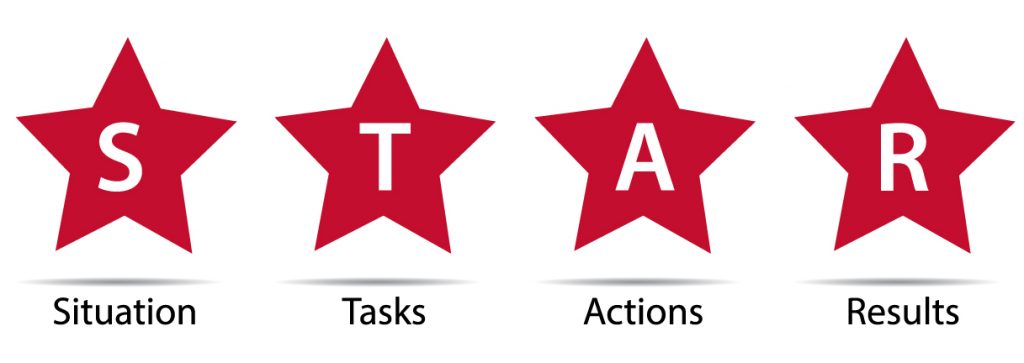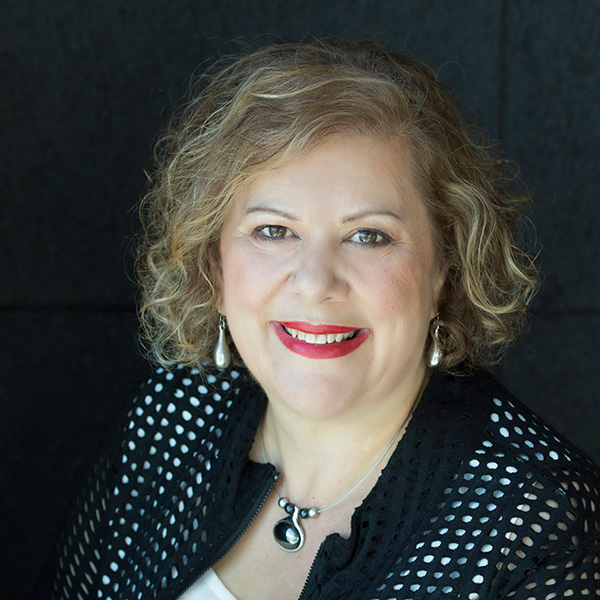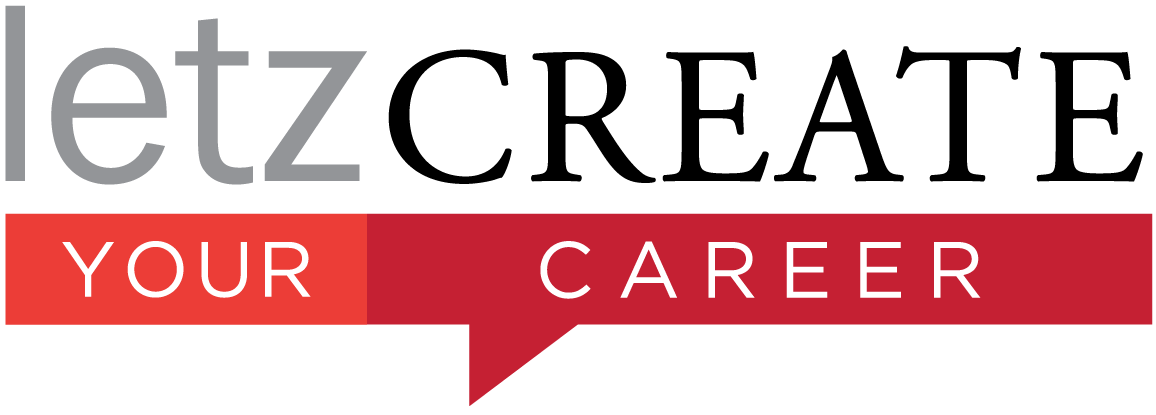If you are preparing for an interview, congratulations you have been shortlisted as a candidate for a role! Make no mistake, the interview is THE most critical part of the process when applying for a role. You have navigated your way through the selection process and now have the perfect opportunity to impress the hiring manager of the organisation.
In my experience and working with lots of job seekers, the interview is also one of the most stressful parts of the job search. You probably have lots of questions running through your mind. Are you the right fit for the organisation? What will they ask you at the interview? What are your strengths and weaknesses? What will you wear? Will you be able to get the video link working before the interview? Should you arrive early? You’ll be asked questions, some you can answer confidently, and others that may make you feel uncomfortable or worse completely unprepared with an answer. There’s a lot to consider before the interview even begins.
It’s also likely that you’ll be up against other impressive shortlisted candidates. So how can you ensure you stand out to make it to the final selection? Let’s understand the types of interviews and identify how you can achieve interview success and a job offer.
Types of Interviews
There are many different types of interviews. Here’s some examples of the styles of interviews.
Initial Screening Interview
This is the initial interview by the hiring manager. This can be via phone or video call, and is a critical first step in the interview process. It can often be in a group setting or individual, and is a key event where the hiring manager will either select you to go through to the next round, or opt your application out of the screening process.
Digital Interview
The digital interview is more of a screening interview to assess your suitability for the role relative to other applicants. It involves being interviewed via phone or computer and you will be provided with questions and have a time limit to answer. If you are shortlisted you are likely to be invited to a face to face interview.
Face to Face Interview
In many cases face to face interviews are held by a combination of hiring managers, business owners or the Human Resources department.
The good news is that if you are invited to a face to face interview, the organisation are likely to be impressed by your application. They will want to meet you and find out more about great things you’ve featured on your cover letter and resume when you applied for the role. It’s possible you also did well in a screening or digital interview and this is the next stage of the application process. Well done!
The bad news is that many of my clients find the face to face interview to be one of the scariest steps in the job application process. Most of the time this comes down to being nervous and unprepared.
Panel Interview
While face to face interviews can involve more than one person in the room running the interview, you can guarantee that you’ll be outnumbered in a panel interview! This style of interview involves being interviewed by three or four different types of people. It normally means the role has multiple stakeholders and each of these stakeholders needs be part of the interviewing process. Again, being invited to a panel interview (assuming it is not a group interview) is also a positive sign that you have impressed the organisation with your job application. And the reality is, there can be many steps and several interviews as part of this journey.
What does it Take to Stand Out at the Job Interview?
Whatever type of interview you are facing, the key factor to be successful at the job interview is to BE PREPARED. And this is where I spend a lot of time with my clients who are in the job search phase of their career journey and actively applying for roles. We work through a list of possible questions they may be asked and take the time to construct effective responses and consider all of the potential scenarios. We also discuss the types of interview and I take them through my checklists for preparing for these different interview situations.
If you are actively applying for jobs, here are my 5 key success factors. These tips will help you be prepared for your next interview and help you stand out.
1. Be very clear what the key selection criteria is for the job
This is the number one element that the interviewer will be considering when they interview you. Take the time to review the key selection criteria. Note the language used and the outcomes they want from the role and be prepared to talk about your suitability for these.
2. Identify key achievements that meet the key selection criteria
Your ability to demonstrate how you have achieved what they are looking for will set you apart from the rest of the applicants. I often find that my clients need my help drawing out these key achievements. They have been so immersed in their roles they have not taken the time to consider what they’ve achieved and how to describe these succinctly and powerfully in an interview situation.
3. Create success stories using the STAR method
The STAR method requires you to explain a prior work situation anecdotally, provide details regarding the tasks required, what actions you took to achieve those tasks, and the results of the situation.

Letz-Create-Star-Method-interview
It’s a great way to provide structure to how you answer questions and deliver answers with impact and relevance. My clients who prepare for their job interview using the STAR method feel much more confident about their ability to answer questions, especially those more curly questions they may NOT have prepared for.
Here’s a list of 10 popular STAR interview questions.
- Tell us about a difficult decision you’ve faced in the last year.
- Can you please describe a decision you made that was unpopular and how you handled implementing it?
- Describe a stressful situation at work and how you handled it.
- You indicated on your resume team building is one of your strengths. Can you please describe an experience in which you used your team building abilities?
- Describe a time when you set your sights too high (or too low)?
- Tell me about a time when you delegated a project effectively?
- Tell me about a time you were able to successfully deal with another person even when that individual may not have personally liked you (or vice versa)?
- Provide an example of when you showed initiative and took the lead.
- Tell me about a recent situation in which you had to deal with a very upset customer or coworker.
- Give me an example of a time when you tried to accomplish something and failed?
4. Prepare at least ten scenarios
It’s then essential to prepare at least 10 scenarios of how you will respond to possible questions. While some of the questions above may be relevant to the roles you are applying for, there may be scenarios more specific to your role or industry. This is why it’s important to work with a Career & Job Search Coach in this phase to develop likely scenarios, rather than generic ones.
5. Rehearse your answers as much as you can
You didn’t learn to ride a bike the first time you got on it, and you will not be 100% comfortable talking about yourself in an interview without rehearsing these scenarios and your responses to the possible interview questions. Investing the time to practice will help you stand out in the interview. Preparing your answers is also a great way to build your confidence, which is an essential part of making sure you present the best version of you in the interview.
If you follow these steps, you have put yourself in a much stronger position to impress and stand out at the job interview. When you are prepared, confident and ace the job interview, you’ll find your career success. You may also like to read the article The Importance of Asking the Right Questions at the Interview where I cover some questions you can ask to ensure it’s the right role for you.
Interview Coaching & Preparation
It’s really easy to allow your nerves get the better of you at interview. It’s the one thing many people struggle with when applying for jobs and they get to the next stage. Appearing confident, calm and at ease helps you stand out. This can be achieved by being prepared for common interview questions and having responses ready with examples to demonstrate your capabilities. If this is something you struggle with and need some further support, you may be interested in Interview Coaching. Remember, the secret to your interview and success is how prepared you are.
If you are currently job searching and need support with Interview Coaching, I encourage you to book a 15 Minute Career Chat to learn more, click here to book a time.

I am a passionate Career Coach who works with individuals in the explore and search phase of their career journey, helping you realise your strengths through my career coaching and training programs. I enjoy showing people the path to greater career satisfaction and providing insight and tools to help you make your next career move.



